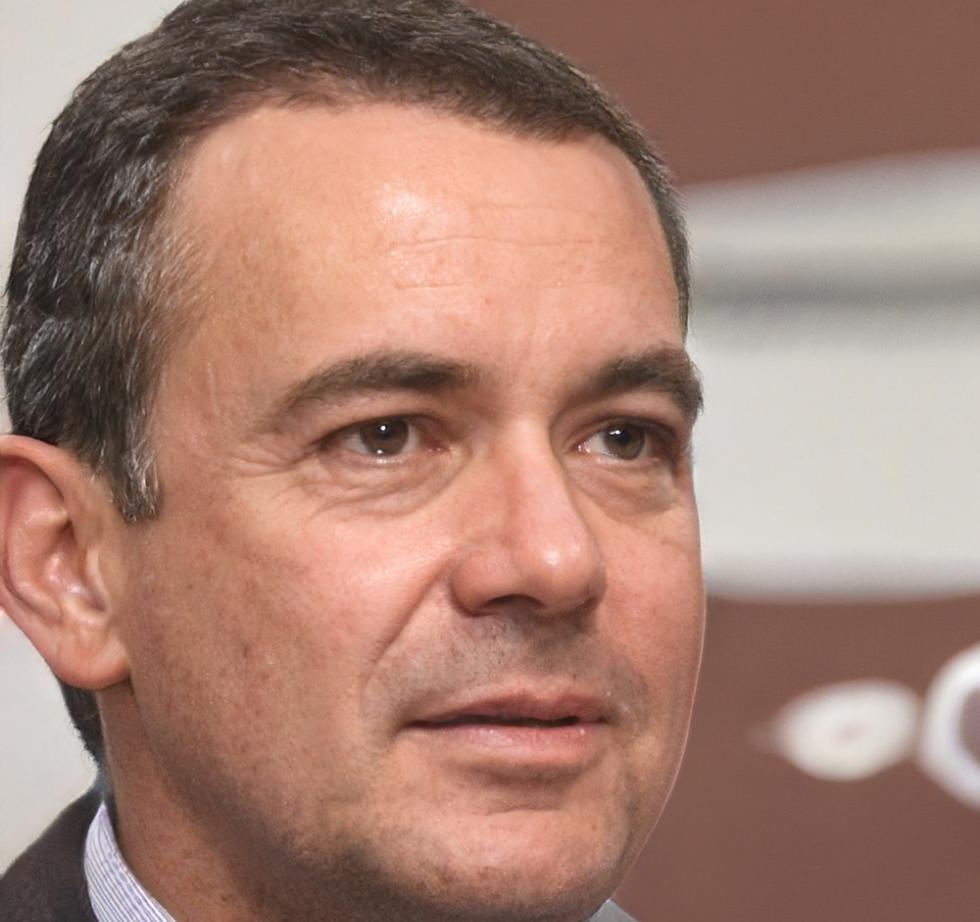Who's Teaching
Our instructors work in finance during the day and teach in the evenings because they genuinely enjoy it. You're learning from people who deal with the same challenges you face, which means the advice tends to be more grounded than theoretical.
Classes stay interactive. We cap enrolment so there's space for discussion, and most sessions include breakout exercises where you work through problems in small groups. The approach works better for adult learners who want to apply concepts immediately.

Henrik Lindholm
15 years managing SME finances. Specializes in cashflow forecasting and practical business metrics.

Callum Donoghue
Former CFO turned educator. Focuses on making financial statements accessible to non-accountants.




